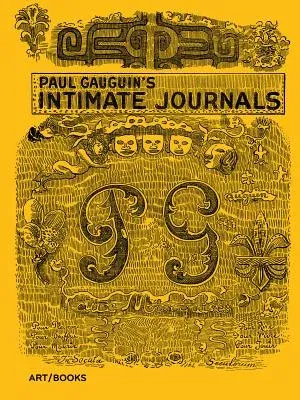The journals reveal his sincere desire to advocate for the same exotic
primitives" he simultaneously admired and grossly fetishized." -Lee Ann
Norman, Brooklyn Rail
Unappreciated in his own lifetime, Paul Gauguin (1848-1903) is now
recognized as one of the giants of French postimpressionism and a
pioneer of early modernism. A rebel in both art and life, he rejected
his bourgeois upbringing and comfortable stockbroker's job to devote his
life to painting. Eventually, dismayed by the hypocrisy of civilization
and in search of a primitive idyll, he left Paris and took up residence
in the South Seas, first in Tahiti and, later, in the Marquesas Islands.
He would never return to Europe. In the final months of his life, he
wrote this witty, revealing autobiographical memoir with the request
that it be published upon his death. It first appeared in the original
French in 1918, and was translated into English three years later. As
his son Émile wrote in the preface, These journals are an illuminating
self-portrait of a unique personality.... They bring sharply into focus
for me his goodness, his humor, his insurgent spirit, his clarity of
vision, his inordinate hatred of hypocrisy and sham.
Wide-ranging and elliptical, these candid reflections reveal Gauguin's
thoughts about many subjects, including frank views on his fellow
artists back in Paris, his turbulent relationship with Van Gogh and the
charms of Polynesian women, while providing glimpses into his often
far-from-idyllic life in the islands. This beautiful facsimile
reproduces the first American translation of the journals, a rare
limited edition privately published in New York in 1921 for a select
group of subscribers. With full-page sketches by the artist, these
entertaining and enlightening musings give us a unique insight into
Gauguin the man and the artist.

